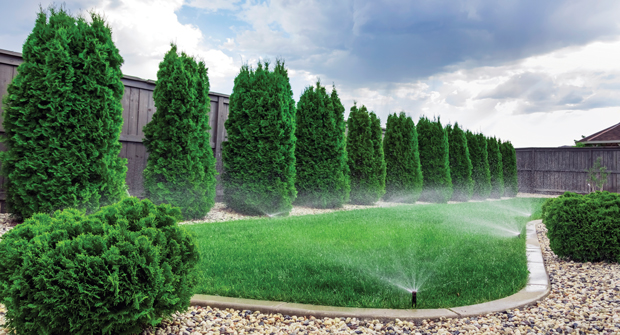
It was a busy year for the staff of LM for many reasons, one of which was keeping up with all the mergers and acquisitions in the industry. One of the biggest players in that market was Frank Mariani, executive chairman of Mariani Premier Group, No. 11 on the 2023 LM150 list. As of press time, Mariani Premier Group has acquired 15 companies over the last two years.
Mariani did not mince words when asked how he feels: “Private equity is here to stay,” he says. And he believes that is a good thing.
“It’s wonderful because it gives us owners so many more opportunities to have a liquidity event, whereas most of us just keep investing in our companies and investing and investing … and that’s how we’ve grown from one truck to hundreds of trucks,” Mariani says. “Private equity can allow you to take some money off the table if you want to walk into the sunset, or if you’re like me and continue to work as hard as you’ve ever worked.”
Mariani adds that the increase in interest rates will make funding acquisitions tougher, but that won’t be enough to slow down Mariani Premier Group.
“We are very, very bullish on next year,” Mariani says. “We feel very fortunate to have the partners we already have. I can’t thank the green industry and all those individuals enough. There are so many good landscaping companies out there, I don’t see this stopping for a long time.”
In June 2023, Senske Services, No. 59 on the LM150 list of the largest landscaping businesses in the country ranked by revenue, acquired Emerald Lawns of Austin, Texas. GTCR, a private equity firm invested in Senske Services in December 2022. Emerald Lawns co-founder Luke Hawthorne remains with the company as COO. Hawthorne agrees with Mariani and predicts the number of acquisitions in the lawn care industry will ramp up.
“It started in pest control and it started because the margins in pest control are very good,” Hawthorne says. “It’s subscription-based; it’s predictable revenue.”
Hawthorne recalled the first time his father walked into his shop and saw how many trucks Emerald Lawns had grown into. Hawthorne says his father’s knees literally buckled and he had to steady himself on a truck. His dad, who ran his own excavation company, asked him, “How do you sleep at night? How do you pay off all these trucks?”
“I said, ‘Dad, my business is different than yours because you never knew where your next job was going to come from. But I can look ahead six months from now and I can give you a pretty good idea of how much revenue I’m going to have on the books that I’m going to be able to bring in,’” Hawthorne says. “So the answer to the question, ‘Why is (the lawn care) industry attractive to private equity?’ The answer is predictable revenue.”
Jeff Domenick, CEO of KeyServ, a Southeastern full-service landscape services company with more than 3,000 residential, commercial and government clients across four states, says his hypothesis when he pitched his business strategy to private equity investors — Kidd & Company and LO3 — was there are a lot of great $5 million to $10 million landscape services companies that don’t have an exit strategy unless their children or an employee is planning to take over the business.
“Our industry has grown so fast over the years that there’s a lot of these really great companies and they haven’t had to have a transition yet. And so where are they going to transition to?” Domenick asks. “I joked with an associate of mine who’s not in the industry and he was like, ‘Well, jeez, at some point you’re going to run out of companies to buy.’ I told him, ‘I think we can buy a hundred companies a year for the next 10 years and still have runway.’ It’s just a really, really fragmented industry. And it’s evident when you look at the size of our industry.”

